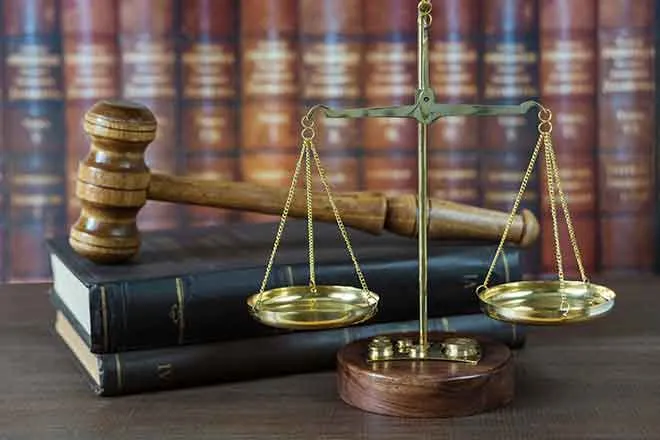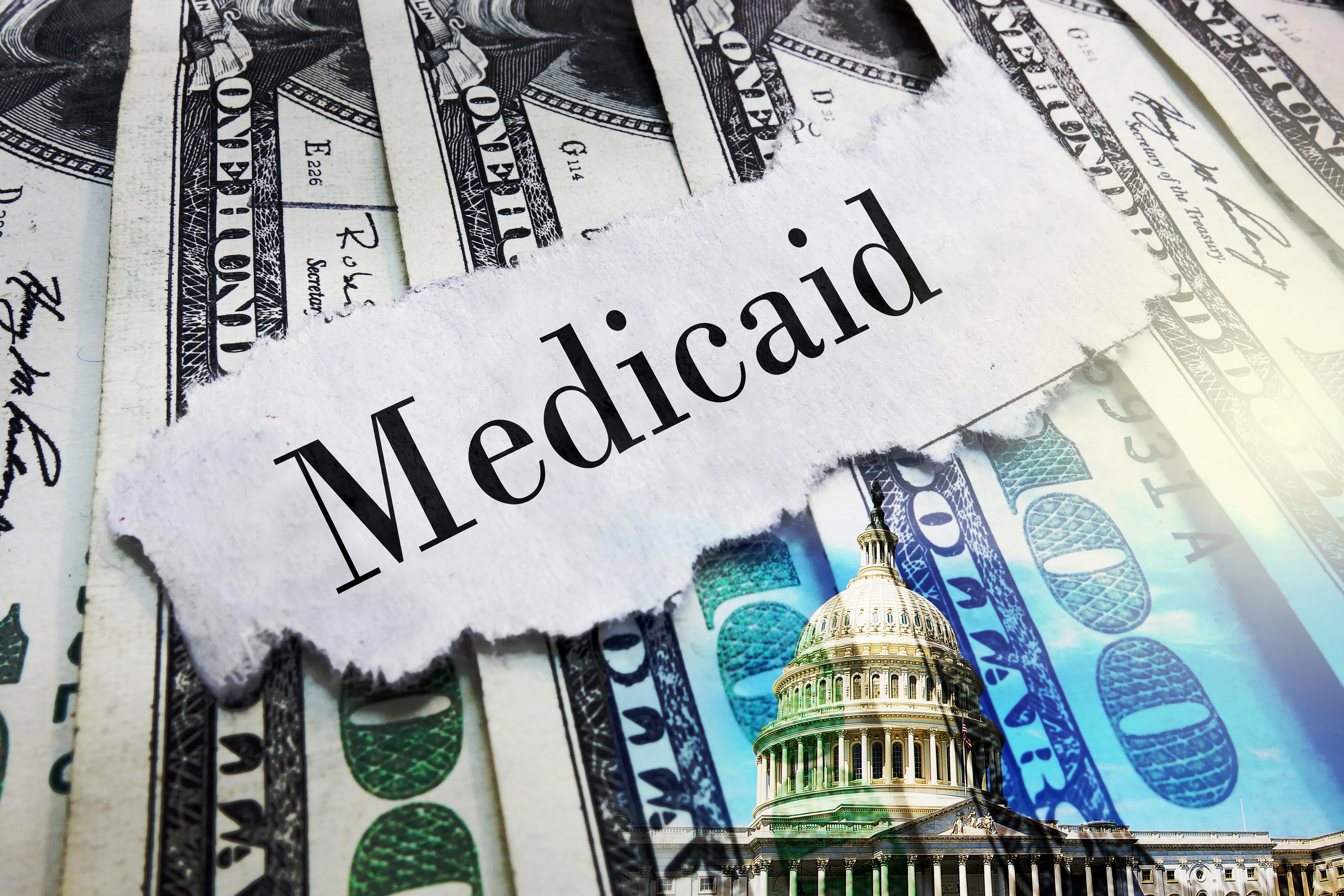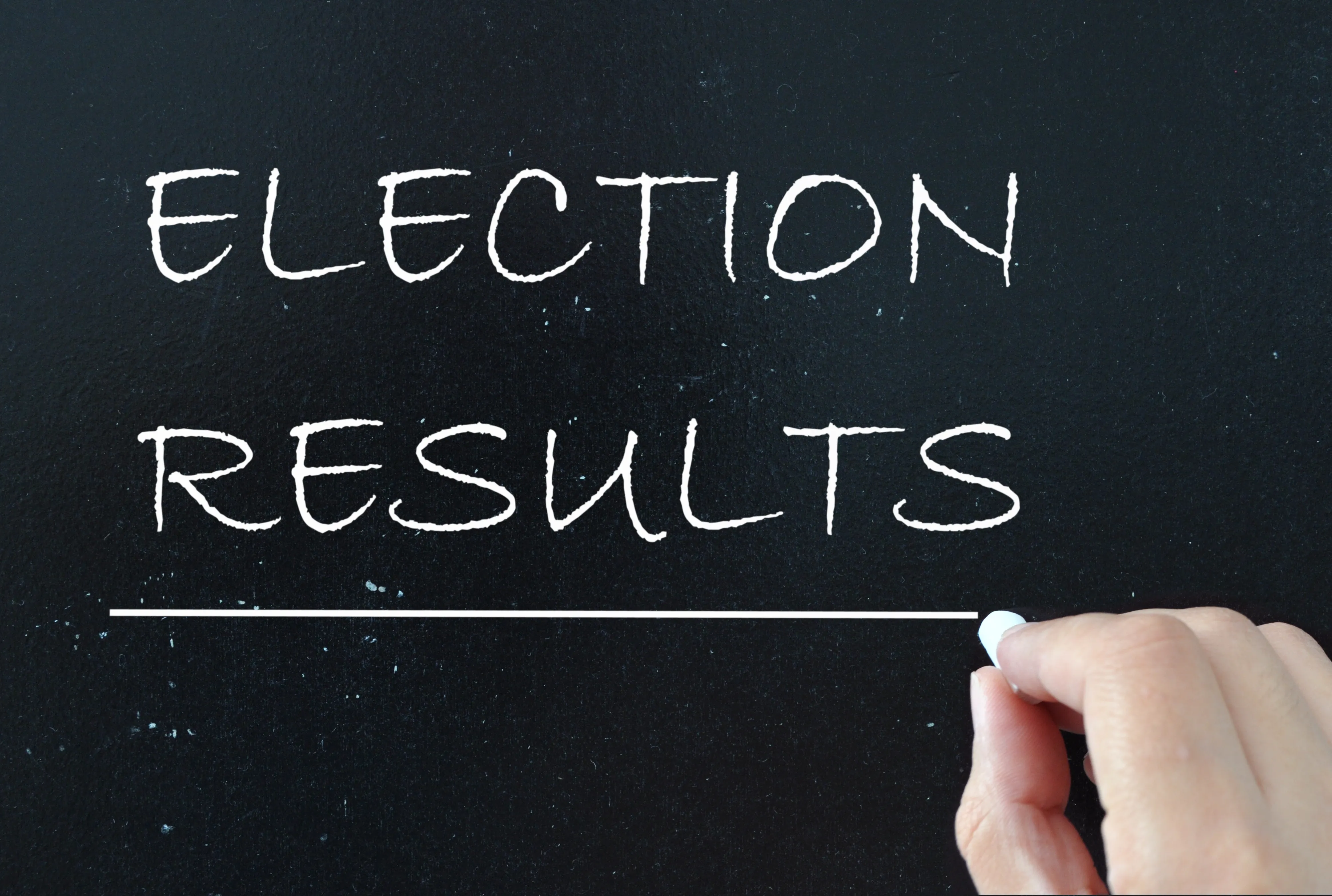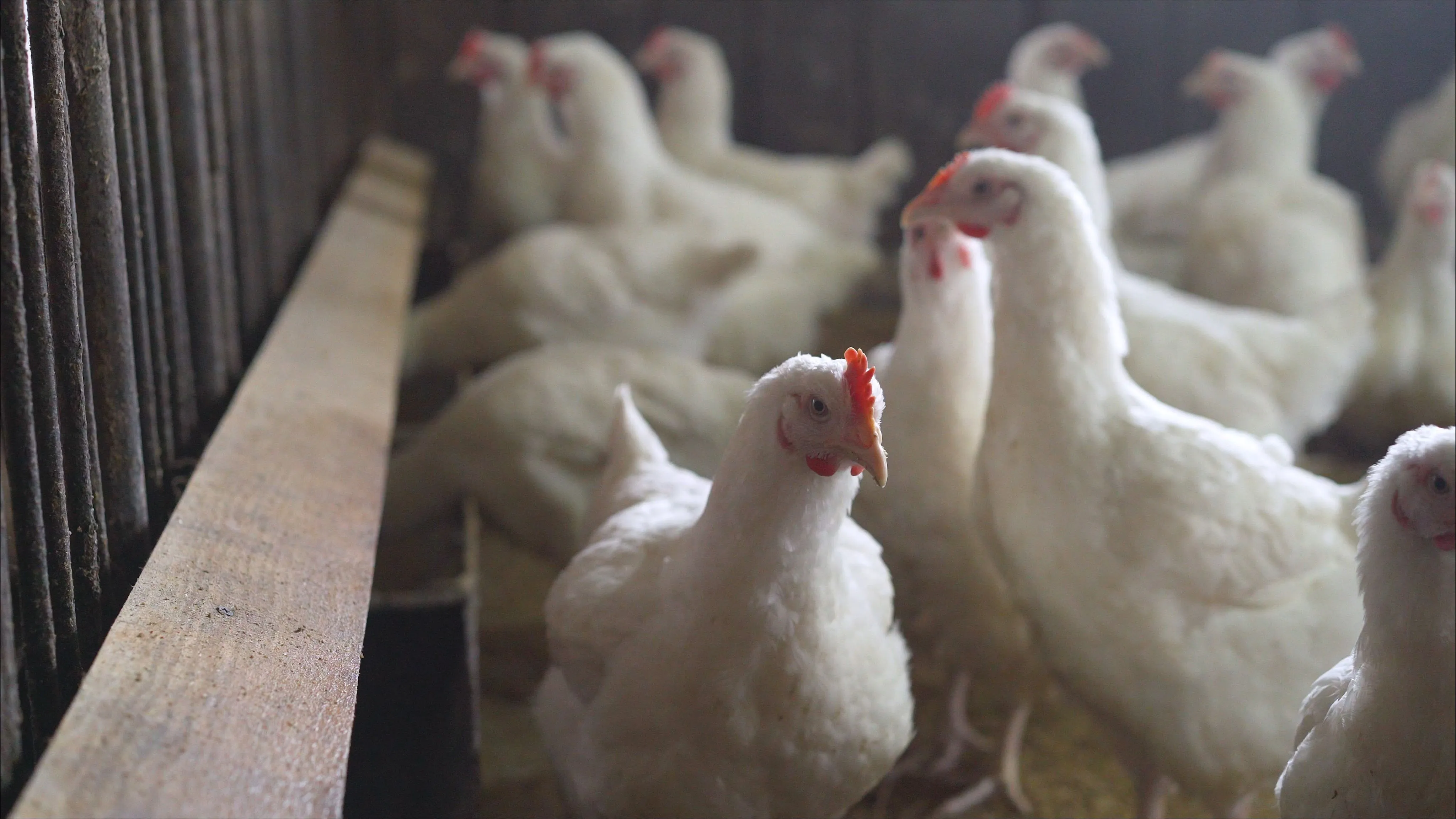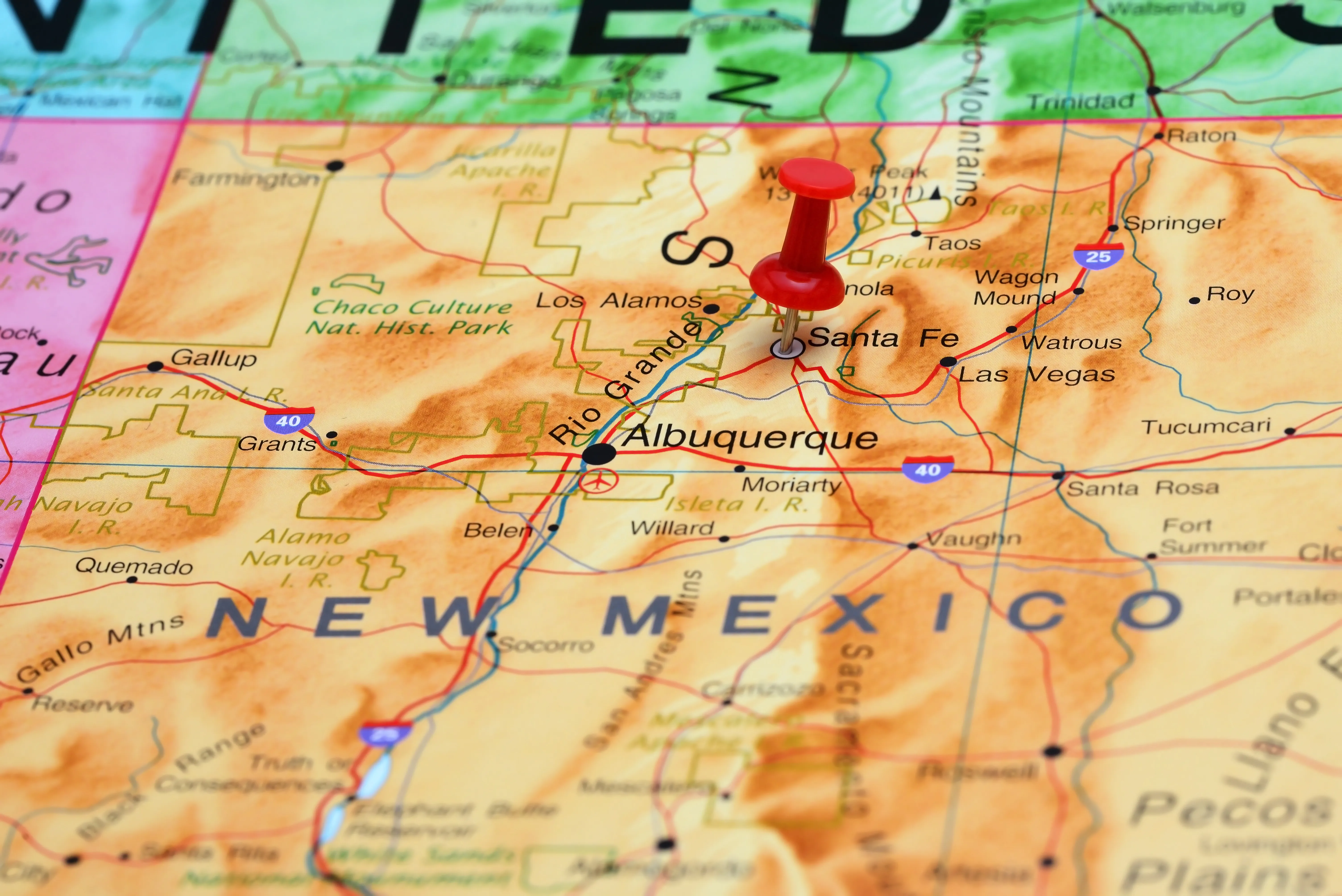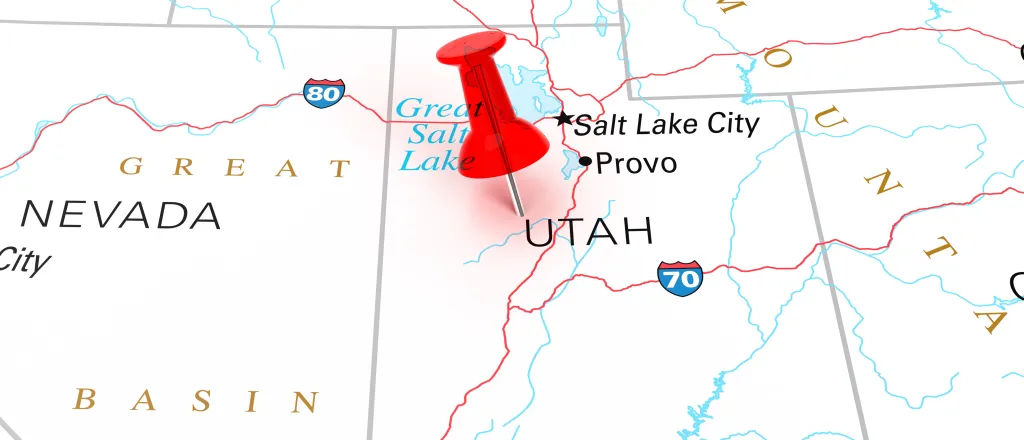
Utah legislature puts critical constitutional amendment on the ballot
Click play to listen to this article.
(Utah News Connection) Utah voters will decide on a critical constitutional amendment this fall. They'll choose whether or not the state legislature can alter or repeal citizen ballot measures after they've already passed.
It's a complicated question, and it all stems from a Utah Supreme Court ruling about how the state draws its district lines.
Republicans in favor of this provision say it's dangerous to have laws that can't be meaningfully changed. State Senator Kirk Cullimore - R-Draper - is a sponsor, and spoke at the Capitol last week.
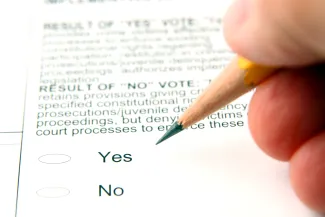
© Svanblar iStock-146069215
"We're not asking the courts to legislate from the bench, nor are we diminishing the role of the citizens' initiative," said Cullimore. "Instead, we're asking the people to affirm that their government remains balanced, flexible and protected from undue influence."
The amendment would also ban foreign entities from using money to support or oppose citizen ballot measures.
Those against the provision say it's a power grab that opens the door for lawmakers to deny the will of the people.
The legislature got this on the ballot by calling an emergency special session and holding a vote.
Some Democrats say the process was too fast, and that they're unnecessarily tying other election reforms into this question of constitutional power.
That includes extending deadlines to get ballot questions approved. State Senator Nate Blouin - D-Salt Lake City - spoke about this during debate.
"We are patronizing our constituents," said Blouin. "We're telling them that we know better while feeding them a spoonful of sugar to make it go down a bit easier."
The back-and-forth over district lines has been going on since 2018, when voters decided they wanted an independent redistricting commission to prevent gerrymandering.
The legislature has continuously tried to loosen the interpretation of that. Either way, the voters will have the final say at the polls this November.
Support for this reporting was provided by the Carnegie Corporation of New York.


